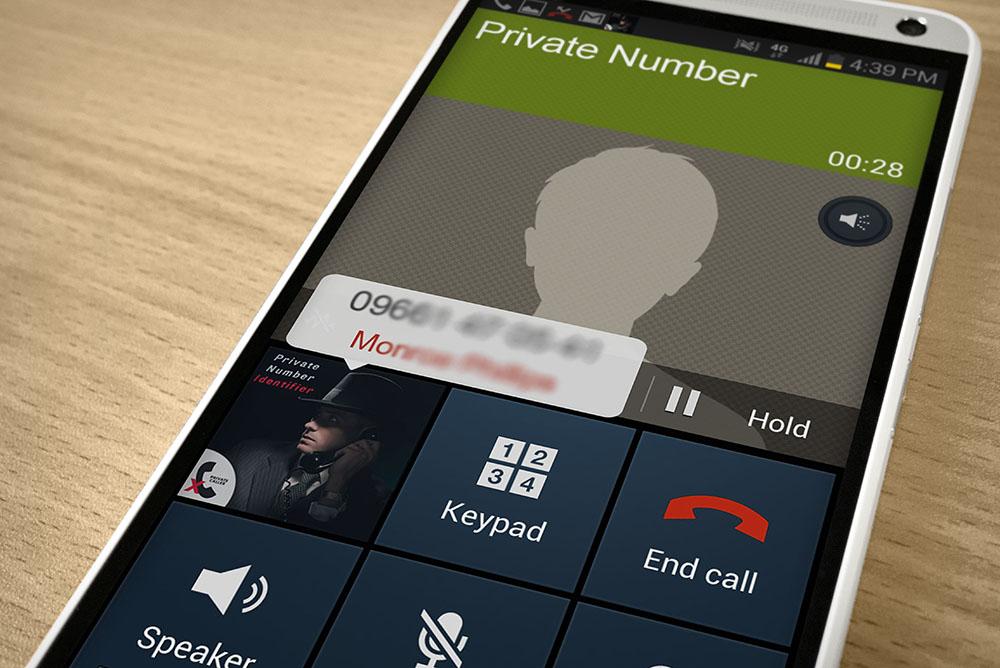In line with international best standards, telecommunication authorities in most parts of Africa have set stringent regulations for mobile service carriers. One of those regulations includes carrier not allowing call masking.
Call masking is the act of a mobile phone user making a call or sending an SMS anonymously; without revealing their identity. Nigeria, just like most countries in Africa has made it illegal for carriers to allow call masking in their networks. And the Nigerian Communications Commission (NCC) has released a report that could see up to six telecoms in the country lose their license.
It is reported that the NCC has already sent a notice of suspension of license to the six companies. The NCC claims to have both direct and indirect evidence to implicate the six companies in “the illegal and unwholesome activity of call masking and refiling.” That came after the six telecoms were issued with queries the NCC on January 12 for failure to desist from enabling call masking.
The six Nigerian telecom companies that allegedly support call masking on their network are:
| Interconnect Clearing House Nigeria Ltd. | Medallion Communications Ltd. |
| Niconnx Communications Ltd. | Breeze Micro Ltd. |
| Solid Interconnectivity | Exchange Telecommunications Ltd. |
Why Telecommunication Regulation Authority don’t support Call Masking
Before the law by regulators to ban support for call masking was introduced. Criminals, especially kidnappers, were finding it very easy to conduct their illegal and dangerous trade. They do their kidnap people and later call the person’s kin using Private or Anonymous mode. That way, law authorities had an uphill task locating their location or knowing their identity.

